The first sim that I ran...
by Thomas Piggott, Chair of Global Health Sim
At the Global Health Student and Young Professional Conference in Ottawa a few years ago, an idea to change Global Health Education was born. I had been asked to run a workshop or give a conference presentation on humanitarian response. Having attended many conferences before, I knew that these kinds of sessions can sometimes be very didactic and not engaging. That was the last thing I wanted to spring on conference attendees in the afternoon... after lunch... just as they were starting to get a little bit sleepy. So I started thinking about more engaging alternatives.
I reflected on my education so far, and that the most enjoyable aspects standing out were the experiential hands-on activities: learning by doing.
In medicine I had a lot of experience with practicing skills and procedures in safe spaces, through simulation, before doing them in the real world.
Before medicine I had been involved in experiential learning through EBL or enquiry-based learning at the University of Guelph. I had the incredible opportunity to learn from Drs Jacqueline Murray and Alastair Summerlee, two seminal educators fostering EBL in First Year Seminar courses. These courses went through cases, real world problems, and had us take on the role of actually solving them! That course was head and shoulders above my others.
Why can’t we do something similar to simulation training in medicine and EBL in education to teach public and global health in a more engaging way I thought? Trying to find something like this was challenging, examples of it were nowhere to be seen online.
But I didn’t let that stop me! I ended up writing the script for a simulation myself. Painstakingly, I researched the nuances of a global health crisis, in that case an earthquake complex emergency, and I wrote a context and the roles for each of the participants attending.
Then I set it into action. I brought along my camera to actually film the ‘journalist’, gave real data to the ‘epidemiologist’, gave a real human rights report to the human rights watchdog and encouraged the president to act ‘presidential’. The session was underway.
That first Sim was very well attended, and each participant had a role to undertake - everyone did a great job acting their part! Seeing it all come together was magical. One attendee who had been involved in humanitarian response had said “this feels so similar to what it’s actually like to be out there!”.
From the success of this first sim, the movement has grown. We’ve built a team and ran sims for conferences, classes and organizations in three continents and participants all over the world online with E-Sims. Our team is committed to creating resources and training facilitators (see ghsim.com/course to apply!) to make global health education experiential and engaging, through simulation. If you’re interested in learning more about simulation in global health, consider applying for our upcoming facilitator course!


